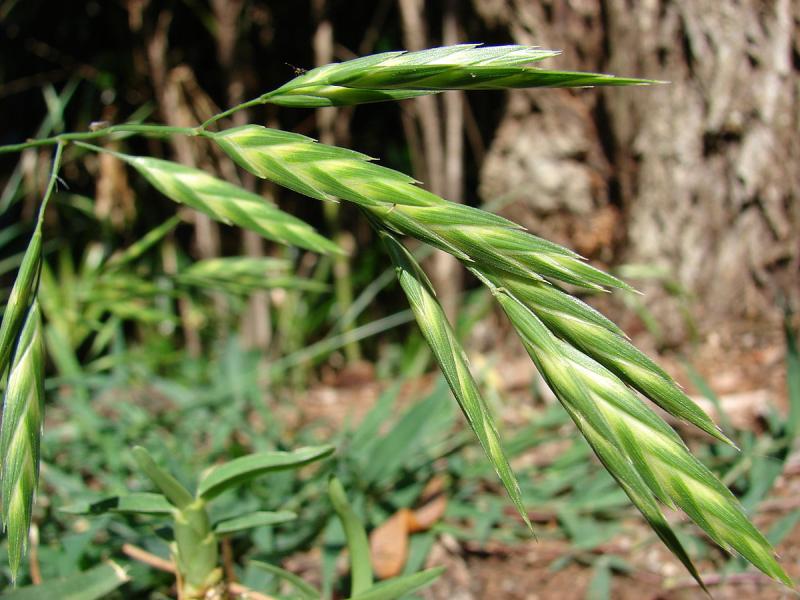
Arable farmers are invited to investigate methods for controlling the different species of brome grass in a new field lab.
The new farmer-led trial will look to identify methods that help slow or prevent herbicide resistance amongst increasingly widespread weeds.
Surveys show sterile brome to be the second most problematic grass weed in the UK, after black-grass.
Research group Innovative Farmers will connect farmers and agronomists with ADAS to identify when the weed typically emerges in the field, and what cultivation types, depths and timings are most effective in controlling it.
The field lab is part of a larger ADAS project investigating UK brome species, which was set up due to a lack of information on brome species.
The field lab will look to identify when brome grass emerges in the field, and what cultivation types, depths and timings are most effective at controlling the weeds.
Results from ADAS's 2017 survey showed that the incidences of brome weeds are increasing in UK arable farming.
Laura Davies, research scientist at ADAS, said: “Although sterile brome is still the most wide-spread species, great and rye brome populations are also increasing and, along with meadow bromes, all are becoming harder to control.
“With ALS and ACCase herbicide resistant brome populations present in mainland Europe we are keen to prevent herbicide resistance developing in UK bromes before they become as problematic as black-grass.”
She added: “We want to look at the best non-chemical ways to control bromes and help prevent resistance.”
A meeting is being held in Hereford on Wednesday 19 June for farmers to find out more about the field lab.
